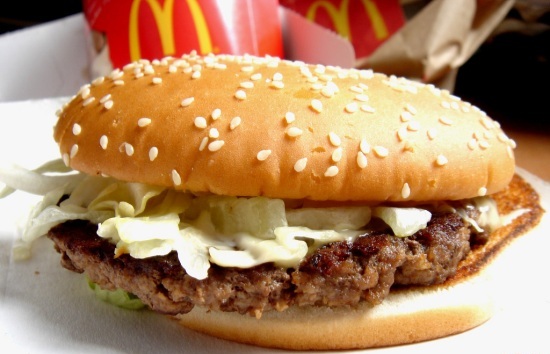One of the London 2012 Olympics’ most high profile sponsorships is being called into question due to worldwide obesity concerns and healthy eating problems in the UK. McDonald’s, who recently signed a contract making it an official sponsor of the Olympic Games for the next eight years, is known as one of the world’s most high calorie commercial property fast food chains and therefore questions are being raised about whether it is the most suitable choice of sponsor for an international sporting event.

Jacques Rogge, the International Olympic Committee (IoC) president, admitted that the high cost of the event made it difficult for it to hold on to its traditional values, and therefore some arguably unethical decisions were made over which commercial property chains would bring the most as sponsors.
This follows several criticisms over London 2012’s connections with high calorie brands by health campaigners, with both McDonald’s and Coca Cola coming under fire.
As part of the sponsorship deals signed by brands such as McDonald’s, Coca Cola and Heineken, they gain exclusive advertising rights within Olympic Games commercial properties for the duration of the summer event. This means that competing brands are not allowed to sell branded products within any Olympic affiliated commercial properties.
Additionally, McDonald’s has been allowed to build four separate commercial property restaurants within the Stratford based Olympic Park. In fact, one of these is now the largest recognised McDonald’s commercial property in the world. The commercial property is capable of sitting 1,500 consumers at the same time and is expected to make huge profits for the business over the course of the summer.
Four years ago, Mr Rogge became well known for his opinions on the impending obesity crisis when standing for re-election as president of the IoC. Now, he is publicly choosing to express further concerns about commercial property chains which sell fast food being heavily involved in the Olympics, and is working personally with businesses such as McDonald’s and Coca Cola in an attempt to get healthy eating on their menus.
He said; “For those companies, we’ve said to them Listen, there is an issue in terms of the growing trend on obesity, what are you going to do about that?”
When speaking about the decision in January to renew McDonald’s sponsorship contract, he revealed that the decision wasn’t an easy one to make. But that the IoC were appreciative of all the work McDonald’s commercial properties around the country made to encourage healthy eating and exercise in young people.
In the years leading up to the 2012 Olympics, sponsors have provided the organisers with $957 million towards the organisation, running and commercial property construction within London’s East End. However, by far the majority of Olympic funding comes from international broadcasting rights, as currently the money made from this in the past four years totals £3.9 billion.
Do you believe that the IoC has a moral responsibility to ensure that only suitable commercial property businesses can access sponsorship rights to the Olympic Games? Or do you believe that any company should be able to put in a bid, regardless of their field of work?
Previous Post
Tory MP Calls For Working Pensioners to Pay NI